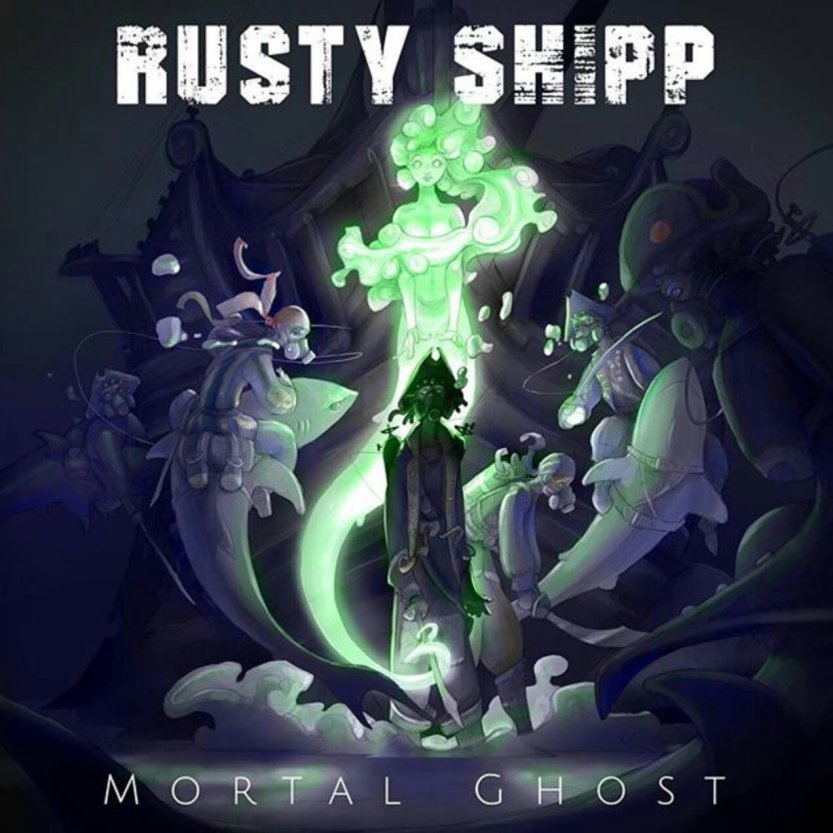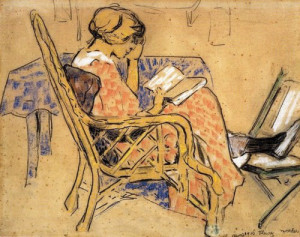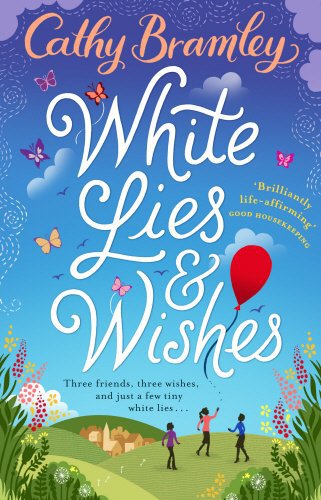Before I begin, I’d like to say that there are MAJOR spoilers in this post regarding Annabel Pitcher’s novels My Sister Lives on the Mantelpiece and Ketchup Clouds.
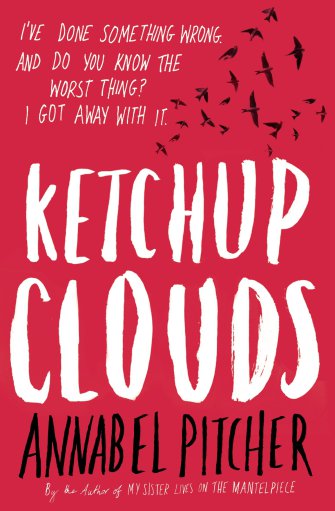

Annabel Pitcher is an award-winning children’s writer from West Yorkshire. They say you shouldn’t judge a book by its cover, but the titles alongside the eye-catching cover art made it an easy decision to read them in short succession.
Pitcher’s debut, My Sister Lives on the Mantelpiece, is about ten-year-old Jamie and the way his life and family are shaped by his sister in an urn on the mantelpiece. Ketchup Clouds, Pitcher’s second novel, revolves around 15-year-old Zoe (a pseudonym) and a dark secret. The archetypal tale of a love triangle is only told through letters addressed to a murderer on Death Row, Stuart Harris. Zoe feels like he is the only person she can confide in because he’ll understand. Both novels were a quick and enjoyable read. I feel as though Pitcher charmingly captures a child’s voice and perspective with all its beauties and faults.
The two novels deal with the subject of grief. Firstly, processing other’s grief and secondly, truly understanding what it means to grieve something/someone. Despite its serious and ‘adult’ subject matter, Pitcher’s undeniable skilful narrative elevates any bleakness and gives her readers much needed respite. The plots both develop subtely by sarcasm, ironic humour and dry directness. This provides a new dimension to the protagonists in their respective plots.
In My Sister Lives on the Mantelpiece, Jamie’s story is a Bildungsroman. In my belief, this maturing is centred around his processing of grief. Jamie struggles at first to recognise his father’s grief for his sister, Rose. He hints at his father’s alcoholism and strange pathological behaviour towards his Rose’s urn in a somewhat humorous manner.
“Dad even put a seatbelt around the urn but forgot to tell me about mine […]”
The reader may see the father as failing parent. He emotionally (and arguably physically) neglects his two remaining children. He spends his little time awake in a drunken stupor. We know he is in a depressive, emotional state but Jamie does not. The father is experiencing a very different, intense and personal grief; one that is marred by Islamophobia and the continuous search for someone to blame for the violent death. However, the father is not beyond redemption, at least he is there. Little can be said for the uncaring, cold, absent mother who abandoned her children.
The important point is that Jamie cannot process his father’s behaviour, his sister’s (Rose’s twin) escalating eating disorder and most achingly, why his mother left the family home. Jamie cannot remember Rose so he cannot feel sad or actually grieve. He can’t quite understand why his family is falling apart. That’s not to say Jamie hasn’t lost anything. There are two main losses that Jamie experiences quite intensely. Firstly, the absent mother is a symbol of one of Jamie’s losses. Jamie almost mirrors his father’s pathological obsession with the urn. But his obsession lies with a Spider-Man T-shirt that his Mum sends for his birthday. Jamie obsessively wears it every day on the off chance she returns home:
“The Spider-Man top’s getting dirty but I can’t take it off ‘cos that would be giving up on her.”
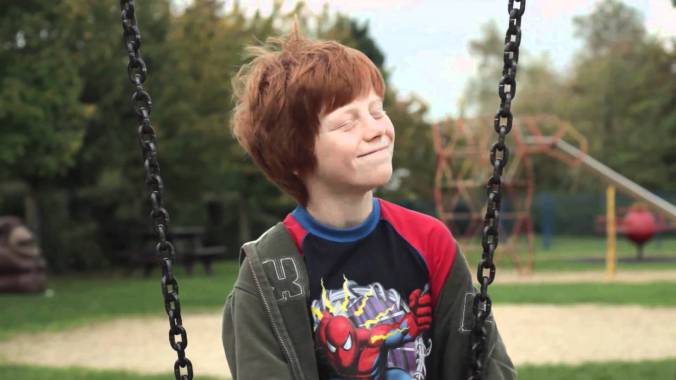
YouTube
Secondly, Jamie experiences a very raw grief of his own. He discovers his beloved cat, Roger, dead on the side of the road. This is the most important part of this novel. Jamie suddenly knows what it is to grieve something. He describes his utter devastation as holds his bloodied cat. The blood soaks onto his Spider-Man top and whilst sobbing, opens the door to his father. Jamie doesn’t take the top off for days. Nevertheless, Roger’s death is necessary as it helps everyone understand loss and grief.
“And all of a sudden I understood. All of a sudden I got it. Why Rose was in the urn on the mantelpiece. Why Dad found it too hard to sprinkle her in the sea.”
Jamie’s father redeems himself slowly as he helps Jamie work through the grief. A stand-out scene is one where Roger is buried and at the same time Jamie’s Father lets go of some of Rose’s ashes; something he was physically unable to do beforehand. This touching moment highlights a growth emotionally for the family. Jamie and his family start to heal.
Ketchup Clouds deals with a very different form of grief.
Zoe is a teenage girl so riven by grief and guilt that she feels like the only person to ‘confess’ to is a murderer on Death Row. The bleakness of this novel, like Pitcher’s debut, is lifted by her narrative skill especially within Zoe’s ‘voice’. Her letters recounts a terrible tragedy but she addresses Mr Harris with dark humour and a lot of gauche.
“Hey there Stu. Less than two months to go. I wonder if you marked your calendar with a cross on May 1st or maybe you just written 6pm lethal injection […]”
These nuggets of deadpan humour is a welcome break given the subject matter, but it also serves as a tool for Zoe’s characterisation. It displays the complexity of Zoe processing her grief and guilt, and her relationship with the recipient. At first, Zoe’s uncouth and jokey manner in regards to confessing the awful truth and grief is at first unlikeable. Jamie’s naïve and almost sweet voice is in direct contrast, Zoe’s impassiveness is at times quite jarring. However, Zoe’s voice changes to a more serious but intimate tone as the letters progress towards the truth. She starts off formal with “Dear Mr Harris” to later on a more affectionate “My dear Stu” as his execution date nears. This could be a form of self-deprecation. Perhaps it is a type of self-inflicted punishment as she associates and aligns herself to the murderer on Death Row. Arguably, Zoe may think she is no better than Mr Harris.
Zoe also struggles with other people’s grief, especially as it is a result of her own hand. In order to help the victim’s mother she would have to confess all; this would contradict her self-preserving agenda. Zoe either cannot comprehend the victim’s mother’s grief or she chooses not to. In order to help Zoe would be contradicting her own need to move on. She cannot understand the mother’s need to keep in contact, to retrace her son’s last steps and question what happened that night at the fair. It’s a complex lie that Zoe must keep up – her immaturity and self-preservation cannot give the mother what she desperately needs.

Picture
Zoe’s ending is bittersweet. She is allowed some freedom from her guilt and grief. However, her catharsis comes at a price – her truth dies in Death Row, and with that, I argue, any chance of atonement.
To experience a bereavement is a serious and adult point of discussion. It can be difficult for adults to process it, let alone our younger counterparts. Perhaps subconsciously the characters have a playfulness to deal with such pivotable moments in their maturing. Their naivety elevates this difficult topic and brings forward new understandings.
Grief is complex but so are the stories that encompass it.
Phew!! That was a long post. I just had so much to say! Feel free to comment on your views on these two fantastic young adult novels. I’d love to hear if you agree or disagree with me.
[Disclaimer: Any quotes are copyright of Annabel Pitcher. I do not own the rights to any photographs shown – URL attached].
Advertisements Share this:


